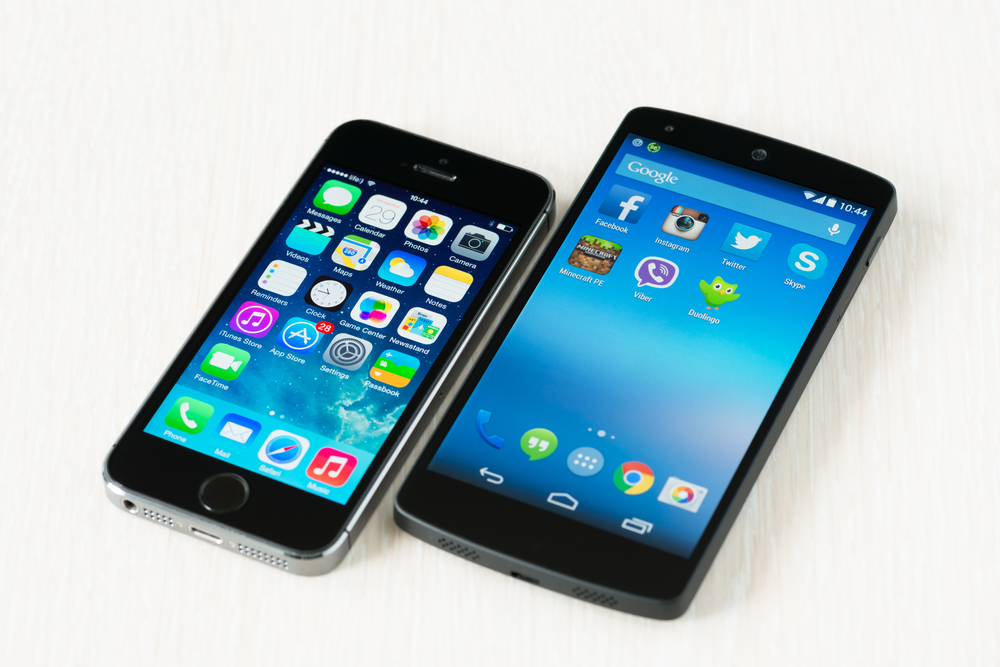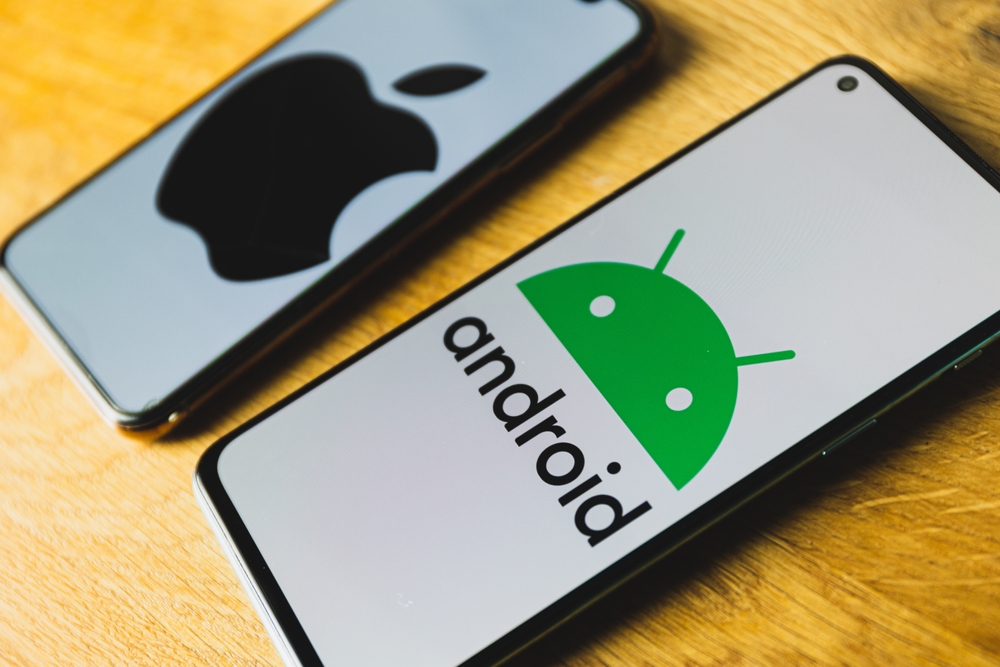
Mastering Mobile App Marketing: Expert Tips & Strategies for Successful Promotion

In today's digital age, mobile Google Play or App Store app s have become an integral part of our everyday lives. Whether it's ordering food, booking a ride, or staying connected with friends, there seems to be a mobile Android or iOS app for almost everything. However, with millions of apps available in app stores, how can you ensure that your mobile App Store or Google Play app stands out and attracts the attention it deserves?
That's where mobile iOS or Android app marketing comes into the picture. Effective marketing strategies can help you promote your mobile app and reach the right audience. In this article, we'll explore expert tips and strategies that can help you master the art of mobile app marketing.
1. Define Your Target Audience
Before diving into marketing tactics, it's crucial to identify your target audience. Understanding who your app is designed for will help you tailor your marketing efforts and focus on the right channels.
Start by analyzing your app's features, benefits, and overall purpose. Ask yourself questions like: Who would benefit the most from using this app? What problems does it solve? Once you have a clear picture of your target audience, you can move on to the next step.
2. Optimize Your App Store Listing
When users search for apps, they typically rely on app store search results to make their decisions. That's why optimizing your app store listing is crucial for visibility and attracting potential users.
Here are some key elements to focus on when optimizing your app store listing:
Title
Choose a catchy and relevant title for your app. Include relevant keywords that users might search for.
Description
Write a compelling description that highlights your app's unique features and benefits. Focus on how it solves your target audience's pain points and mention any awards or accolades it has received.
Keywords
Research and include relevant keywords in your app's metadata. Use tools like Google's Keyword Planner or App Annie to identify popular keywords related to your app's category.
Screenshots and Videos
Visuals play a crucial role in attracting users. Include high-quality screenshots and videos that showcase your app's interface, features, and user experience.
Ratings and Reviews
Encourage satisfied users to leave positive ratings and reviews on the app store. User feedback can influence potential users' decisions, so ensure your app delivers a great experience.
3. Leverage Social Media
Social media platforms offer immense opportunities for app promotion. Create engaging content about your mobile app and share it on platforms like Facebook, Instagram, Twitter, and LinkedIn.
Here are some social media strategies you can implement:
Create Unique Content
Develop content that speaks to your target audience. Share interesting facts, tips, and tricks related to your app's niche. Use visuals, videos, and infographics to make your content more appealing.
Connect with Influencers
Identify influential individuals in your app's niche and collaborate with them. They can promote your app to their followers, providing valuable exposure and credibility.
Run Contests and Giveaways
Offer incentives for users to download and engage with your app. Conduct contests or giveaways that can generate buzz and attract new users.
4. Implement App Store Optimization
App Store Optimization (ASO) is similar to Search Engine Optimization (SEO) but specifically tailored for app stores. ASO can significantly improve your app's visibility and drive organic downloads.
Focus on the following aspects of ASO:
App Icon
Create an eye-catching and visually appealing app icon. It should represent your app's purpose and be easily recognizable among a sea of other icons.
App Reviews and Ratings
Positive reviews and high ratings can boost your app's discoverability and credibility. Encourage users to rate and review your app by implementing prompts within the app or offering rewards for feedback.
Localization
If you plan to target users from different regions, consider localizing your app's store listing. Translate your app's title, description, and keywords into relevant languages to increase visibility among potential users.
Regular Updates
Consistently update your app with bug fixes, new features, and improvements. App stores favor apps that are regularly updated, as it indicates active development and enhances user experience.
5. Run Paid Advertising Campaigns
While organic app downloads are valuable, paid advertising can expedite your mobile app's growth. Investing in digital advertising campaigns can help you reach a broader audience and generate faster results.
Consider the following paid advertising channels for app promotion:
Search Ads
Run paid search ads on platforms like Google Ads or Bing Ads. Bid on relevant keywords to display your app at the top of search results, increasing visibility and attracting potential users.
Social Media Ads
Create paid ads on Facebook, Instagram, Twitter, or LinkedIn. Utilize audience targeting features to reach users who fit your target audience profile. Test different ad formats, such as carousels or video ads, to see what resonates best.
Influencer Marketing
Partner with influencers within your app's niche to promote your mobile app to their followers. Influencer marketing can be highly effective in reaching a targeted audience that is likely to be interested in your app.
FAQs (Frequently Asked Questions)
Q1. How long does it take to see results from mobile app marketing?
A1. The time it takes to see results from mobile app marketing can vary depending on various factors, such as the competitiveness of your app's category, the effectiveness of your marketing strategies, and the quality of your app. Generally, it may take several weeks to months to see significant results.
Q2. Should I focus on organic or paid app promotion?
A2. It's recommended to have a balanced approach and utilize both organic and paid app promotion strategies. While organic methods help increase visibility and attract users over time, paid advertising campaigns can expedite your app's growth and reach a wider audience.
Q3. How often should I update my mobile app?
A3. Regular updates are crucial for maintaining user engagement and app store visibility. Aim to release updates at least every few months, depending on the complexity of your app and user feedback.
Q4. Can I promote my mobile app on traditional media channels?
A4. While digital marketing channels are more effective for app promotion, you can still explore traditional media channels if they align with your target audience. Consider avenues like TV or radio advertisements, print publications, or collaborations with relevant industry events.
Q5. Is app store optimization a one-time process?
A5. App store optimization is an ongoing process. As trends change and user preferences evolve, it's essential to regularly analyze your app's performance, update keywords, and improve visuals to maintain or improve your app's visibility and downloads.
In conclusion, mobile app marketing plays a vital role in the success of your app. By defining your target audience, optimizing your app store listing, leveraging social media, implementing app store optimization, and running paid advertising campaigns, you can effectively promote your mobile app and increase its chances of success in the competitive app market.
Other useful resources
- https://en.wikipedia.org/wiki/Google_Play
- https://www.appguru24.com/apps-directory/
- https://en.wikipedia.org/wiki/App_store_optimization